Truthdiggers of the Week: Sir John Chilcot and His Team for Their Report on the Iraq War
While the United Kingdom’s official inquiry into the war confirmed information that many who opposed it already knew or suspected, its critical importance should not be underestimated.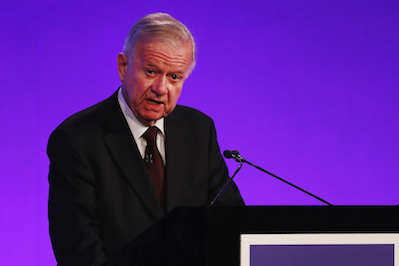
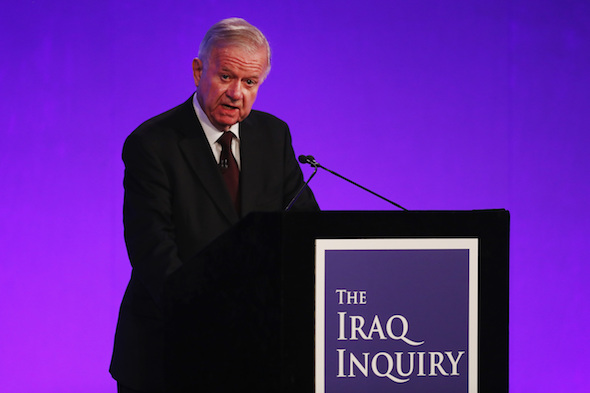
Sir John Chilcot presents the Iraq Inquiry Report at the Queen Elizabeth II Centre in London on Wednesday. (Dan Kitwood / AP)
Every week the Truthdig editorial staff selects a Truthdigger of the Week, a group or person worthy of recognition for speaking truth to power, breaking the story or blowing the whistle. It is not a lifetime achievement award. Rather, we’re looking for newsmakers whose actions in a given week are worth celebrating.
“Tony Blair broke politics,” wrote The Guardian reporter Anne Perkins after the long-awaited Chilcot Report on the Iraq War was released Wednesday.
The report is more than 6,000 pages, contains more than 2.5 million words, cost 10 million pounds ($12.9 million) and took seven years to write and publish. The investigation was led by Sir John Chilcot, who introduced the report Wednesday by saying that he and his team concluded that the U.K. decided to go to war before peaceful options were “exhausted” and that the information surrounding Saddam Hussein’s alleged possession of weapons of mass destruction was “presented with a certainty that was not justified.”
The Guardian summarized some of the report’s most important points in the following list:
The UK chose to join the invasion before peaceful options had been exhausted; Blair deliberately exaggerated the threat posed by Saddam Hussein; Blair promised George Bush: ‘I will be with you, whatever’; The decision to invade was made in unsatisfactory circumstances; George Bush largely ignored UK advice on postwar planning; There was no imminent threat from Saddam; Britain’s intelligence agencies produced ‘flawed information’; The UK military were ill-equipped for the task; UK-US relations would not have been harmed if UK stayed out of war; Blair ignored warnings on what would happen in Iraq after invasion; The government had no post-invasion strategy; The UK had no influence on Iraq’s postwar US-run administration; The UK did not achieve its objectives in Iraq; and The government did not try hard enough to keep a tally of Iraqi civilian casualties.
After the release of the report, British Prime Minister David Cameron spoke some words to the effect of “learning lessons,” but made sure to leave the door open for future military interventionism, a caveat that negates his previous comments about learning from the mistakes of the Iraq War. In contrast, Jeremy Corbyn issued a thoughtful apology on behalf of the Labour Party in which he spoke about the terrible consequences that have resulted from the war, including the deadly attacks led by Islamic State in Baghdad over the weekend, a group whose origins Corbyn traces to the “aftermath of the invasion.”
“Politicians and political parties,” Corbyn concludes, “can only grow stronger by acknowledging when they get it wrong and by facing up to their mistakes.” He also outlined steps that the country has the obligation to take in the future, steps that were pillars of the manifesto on which he was elected Labour Party leader nine months ago: “to uphold international law, to seek peaceful solutions to international disputes, to respect the role and the authority of the United Nations and always to treat war as absolutely last resort.”
The thousands of pages of the Chilcot Report revealed information that many who opposed the war, including Corbyn and millions in the U.K. who protested in the country’s largest-ever demonstration in 2003, already knew or suspected. But perhaps the most important question surrounding the legality war was left unanswered. If the war were indeed deemed illegal, there could be grounds to try former Prime Minister Tony Blair, and perhaps even former President George W. Bush and Vice President Dick Cheney, as well as some members of their cabinets, for war crimes.
And while it seems that true justice in that sense cannot yet be served on the basis of the Chilcot Report alone, its importance should not be diminished. The publication of such a report serves many purposes today. At a time when politics are severely broken precisely because elected representatives such as Blair and Bush have been proved to have openly misled the citizens of their nations (as well as the world), it is crucial that governments find ways to rebuild the trust that has been lost. The report provides, if not justice or solace, at least confirmation to the people who continue to suffer in Iraq—as well as the families of military members who died in a pointless war—that their suspicions were not unreasonable. It provides hope that our leaders will understand that people will eventually know the truth behind their decisions and can perhaps find ways to hold them accountable for their actions.
Evidence in the report is already being analyzed in order to determine whether families of military members who died in the war can sue Blair and others in civil courts.
Importantly, the investigation will open the eyes of many who perhaps were unaware of the deceit that prompted the waging of a long, deadly and expensive war by neoliberal Western leaders under the guise of democracy and justice. A more informed public can lead to stronger forms of activism that will force transparency and accountability upon our elected officials.
The report contains a glimmer of a future we can work toward, in which not only will we investigate, but we will find justice and not allow our leaders to commit the same mistakes again. The Chilcot Report sets a precedent for similar investigations on the Iraq War to be carried out in the U.S., as well as on other military operations in the future. It has also shown that in this case, the British public, despite the fact that information was withheld, was correct in believing that the U.K. should not have followed the U.S. into Iraq, proving that citizens can help leaders stay on the right side of history—a lesson that politicians would be wise to take to heart.
For these reasons, Sir John Chilcot and his team are our Truthdiggers of the Week.
Your support matters…Independent journalism is under threat and overshadowed by heavily funded mainstream media.
You can help level the playing field. Become a member.
Your tax-deductible contribution keeps us digging beneath the headlines to give you thought-provoking, investigative reporting and analysis that unearths what's really happening- without compromise.
Give today to support our courageous, independent journalists.
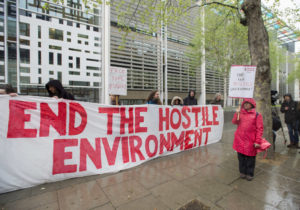
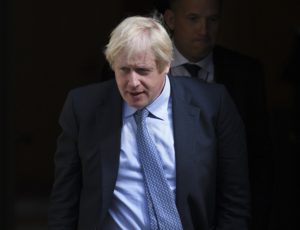

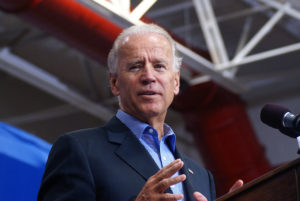

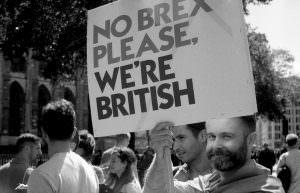
You need to be a supporter to comment.
There are currently no responses to this article.
Be the first to respond.